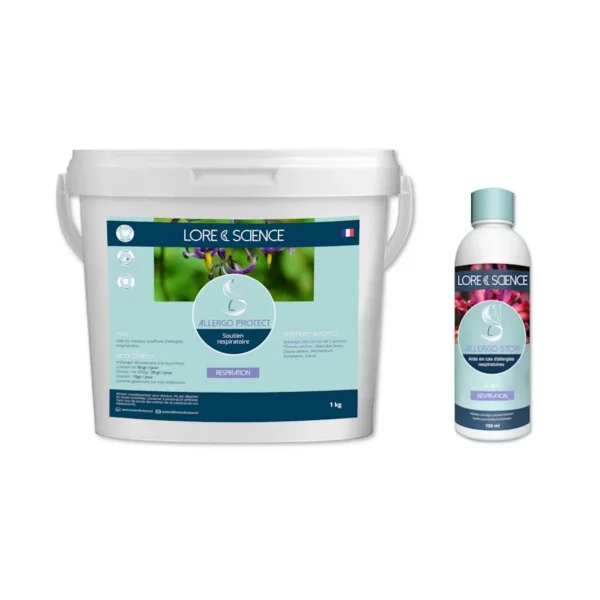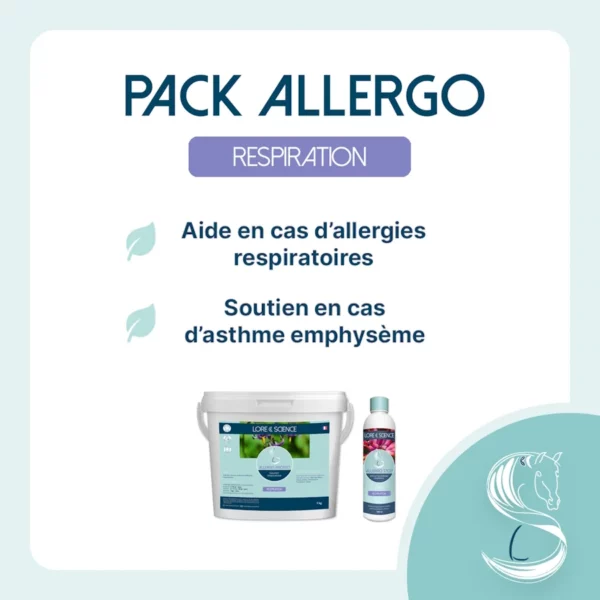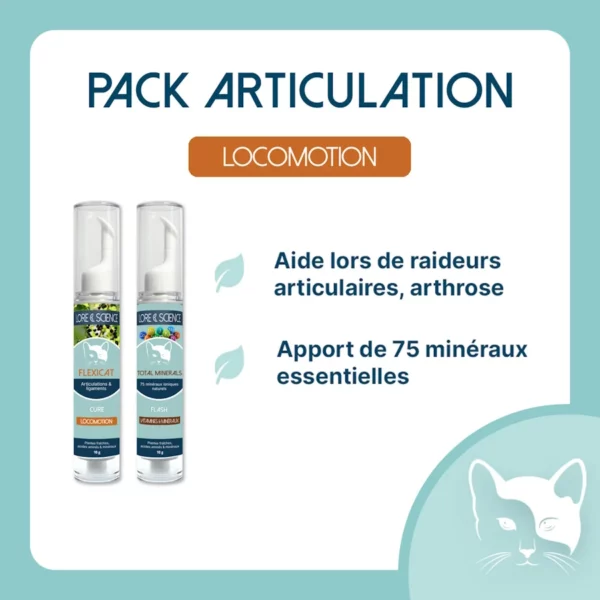Worms in cats are a common parasitic infestation that can have serious consequences on your pet's health. Our feline friends are confronted with them most of the time in their environment or their food. Lore & Science tells you everything you need to know about worms in cats to help you keep your pet healthy.
The different types of worms in cats
There are several types of worms that can infect cats. First of all, roundworms, which are also called roundworms. These are the most common type of worm in cats. They are thin and long, and measure about 10 centimeters in length. Cats can get them by eating raw meat or infected rodents. Common symptoms to identify them include vomiting, diarrhea, weight loss, coughing and general weakness.
Another example is tapeworms, also known as tapeworms. These are parasites that look like flat ribbons, usually found in cats that hunt and eat infected rodents or are infected by fleas. Symptoms include vomiting, diarrhea, weight loss, and anal itching.
The third most common type of worms are heartworms. These are transmitted by mosquitoes and can cause severe damage to the cat's vital organs. Coughing, difficult breathing, weight loss and general weakness are all symptoms of the infected animal.
Cats can also be infected with other types of worms, such as lungworms, also called pulmonary metazoa. Felines get them by inhaling worm eggs or by eating infected prey. Eye worms are often transmitted by flies or mosquitoes. Finally, intestinal worms are found in the small intestine and can be transmitted by ingesting contaminated food, infected prey or by contact with feces.
Where do worms come from in cats?
As you can see, worms in cats most often come from their environment or fromingesting infected food. Cats that hunt or have access to the outdoors are more likely to be exposed than those that live indoors. Note that fleas can also play a role in the transmission of tapeworms.
How to know if a cat has worms?
First of all, it is important to note that the signs of a worm infestation can vary depending on the type of worm and the severity of the infestation. This can make it difficult to detect as symptoms may be mild or absent. However, if you are vigilant, you may be able to spot changes in appearance or behavior that are telling. More obvious signals, such as vomiting, diarrhea and weight loss, may appear. Loss of appetite may also be noticed, as worms can cause abdominal pain and make food less appealing to your cat.
In addition, changes in the texture and color of the stool are also a consideration. The stool may become soft, greasy or have blood spots. Similarly, if the coat becomes dull and matted, it may be due to a lack of nutrients caused by infestation. In general, fatigue and anemia can also be symptoms, as parasites weaken the immune system and drain your cat's resources.
In the case of heartworm infestation, symptoms may be more specific. Your cat may have persistent coughing, labored breathing and loss of energy. If you notice any of these signs in your cat, it is important to seek veterinary care immediately as such an infestation can be fatal if not treated promptly.
It is important to note that some cats may not show any symptoms that would indicate the presence of parasites. However, even in this case, regular screening and a deworming schedulerecommended by your veterinarian is essential for prevention.
How to treat a worm infestation?
If you suspect that your cat has worms, the first step is to consult your veterinarian for an accurate diagnosis and appropriate treatment. Treatment will depend on the type of worms your cat has, as well as the severity of the infestation.
The most common treatment option is of course deworming. These medications are specifically designed to kill worms in cats. They can be administered in tablet, paste or liquid form, and are often very effective. However, it is important to note that not all dewormers work against all types of worms, so it is important to consult your veterinarian to determine the most appropriate dewormer for your cat.
Moreover, intestinal worms are more and more resistant to chemical treatments. You can then turn to natural remedies, in particular plants with deworming properties (they are then called "anthelmintics"). These are clinically proven to be effective in eliminating intestinal worms in cats. Our Verless Cat food supplement is composed of plants in synergy and offers an effective action against the various types of intestinal parasites of cats, without damaging their intestinal flora.
How to prevent worms in cats and kittens?
Prevention is probably the best way to protect your pet from worms. This starts with regular deworming. Your veterinarian will be able to recommend the appropriate frequency based on your pet's age, health and lifestyle. In general, adult cats should be dewormed every three to six months to maintain good intestinal health.
Also, avoid having your cat eat raw or undercooked meat on a daily basis. These can contain parasites such as roundworms and tapeworms. If you make homemade food for your pet, be sure to cook the meat thoroughly before feeding it.
Finally, it's important to maintain a healthy lifestyle by regularly cleaning your cat's litter box and keeping your home clean. Worms can hide in dirty areas, and your cat's feces can also spread parasites. So it's important to clean your cat's litter box every day and disinfect the surrounding area regularly.
In summary, worms in cats are a common reality, but with proper care, treatment and prevention, you can help protect your feline from potential infestations. If you suspect your cat is infested, it's important to consult your veterinarian for diagnosis and appropriate treatment. Finally, good general hygiene and attention to diet will help protect your pet on a daily basis.
Questions about worms in cats? Ask us in the comments.





















2 réactions sur "Everything you need to know about worms in cats: symptoms, treatments, prevention"
Hello, first of all thank you for your beautiful site and your devotion. My 10 year old cat lost weight very suddenly and started snoring. I have cat antibiotics and dewormer at home. Can this help?
Hi Louise, have you had a vet make a diagnosis?